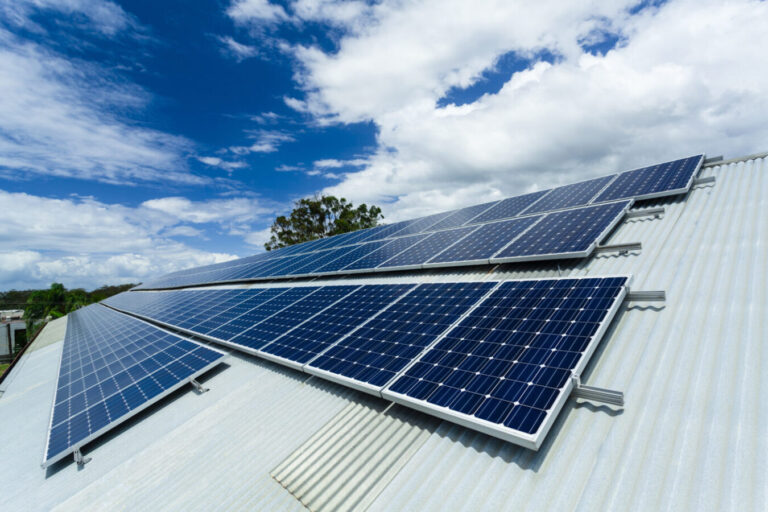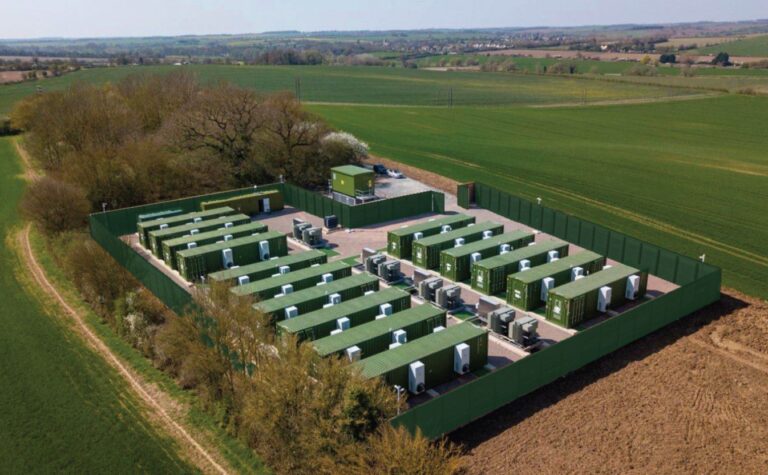
Electricity Generator Levy
The new Electricity Generator Levy (EGL) is now in force (from 1 January 2023) but what does that mean?
The Government announced the Electricity Generator Levy as part of the Autumn Statement 2022 as a “tax on the extraordinary returns of electricity generators”, and has recently published a supplemental technical note, draft legislation, and a policy paper. The overall feel is that the policy has been somewhat rushed through, with the draft legislation lacking clarity in some areas.
HMRC is due to issue formal detailed guidance on the Electricity Generator Levy early this year, however we have provided a brief summary below of some of the key points to be considered ahead of this.
Who will be impacted by the Electricity Generator Levy ?
- The Electricity Generator Levy applies to revenues of companies or groups of companies arising from the generation of electricity in the UK through operating a relevant generating station.
- A “relevant” generating station excludes those principally fuelled by fossils fuels and pumped storage hydroelectricity and captures nuclear, renewable sources, biomass which are transmission/distribution-connected and energy from waste sources.
- The Electricity Generator Levy applies only to “grid connected electricity generation”, which includes involving a local distribution system but excludes private wire arrangements and behind the meter generation that is not exported. It also excludes revenues from electricity storage, grid stabilisation (except hybrid asset generators) and generators with a Contract for Difference.
When should I be considering the Electricity Generator Levy?
- The Electricity Generator Levy applies where annual electricity generation is at least 50 GWh per 12-month period. This is pro-rated for shorter periods and applies across corporate groups. To put this into context, we would typically expect this level of electricity to be generated by the operation of a circa 50 MW Solar Park or a circa 12.5-15 MW Wind Farm.
- Once a group exceeds the 50GWh volume, all generation volumes and revenues are taken into account in determining extraordinary returns.
When will the Electricity Generator Levy apply?
- The Electricity Generator Levy will apply to revenues from electricity generated between 1 January 2023 to 31 March 2028. This is regardless of when the revenues are received.
- The Electricity Generator Levy does not apply retrospectively to revenues generated before 1 January 2023.
How will the Electricity Generator Levy be calculated?
- The Electricity Generator Levy is a 45% levy on relevant revenues above a certain benchmark price (starting at £75 per MWh). The calculation of the Electricity Generator Levy could become complex and will involve ascertaining what the group’s total generation receipts from in-scope electricity generation are for the relevant periods.
- As a summary, the Electricity Generator Levy will be calculated as follows:
- 45% x [Generation Receipts – (Electricity Generation (in MWh) x Benchmark Price) – Allowable Costs – £10 million group allowance]
- Generation receipts are amounts deemed to be ‘fair and reasonable’ to attribute to relevant generation (whether or not received by the operator of the generation station) on the basis that the amounts reflect that realised for the wholesale purchase of relevant electricity. This therefore excludes receipts from ROCs or REGOs, ancillary services and the capacity market.
- The draft legislation indicates that a benchmark price of £75/MWh will apply for the financial years ending in 2023 and 2024. From 1 April 2024, the £75/MWh will be indexed in line with the Consumer Price Index.
- The calculation provides relief for certain allowable costs which are deductible from the generation receipts prior to the EGL being charged. These allowable costs include increased costs of generation fuel as compared to historic baseline fuel costs.
- The Electricity Generator Levy does not apply to the first £10m per annum of qualifying generation receipts on a group basis.
Am I in a group?
- Corporate groups and joint ventures (JVs) will be assessed to the Electricity Generator Levy as a whole (with certain additional rules to apply to JVs).
- The Supplemental Note details that a corporate group will consist of the ultimate parent (the Principal Company), the Principal Company’s 75% subsidiaries and the 75% subsidiaries of those subsidiaries.
- The Electricity Generator Levy will apply to material JV members (a holding of at least 10% in the JV) on their proportionate share of the JV company’s generation receipts to ensure that the £10m allowance applies only once to the relevant company’s generation receipts.
How is the Electricity Generator Levy paid?
- The Electricity Generator Levy will be administered as part of the corporation tax self-assessment regime and subject to the same payment dates as for the companies/group of companies’ corporation tax payments (either annually or via instalments dependent on the size of the undertaking for corporation tax purposes.
- Where a corporate group exceeds the 50GWh threshold, a single group company (to be nominated by the group) will be responsible for payment of the Electricity Generator Levy in respect of all exceptional revenues accrued by any group members. There will be nomination rights for another member of the group to be responsible for paying the Levy in various circumstances.
- Each group company will remain jointly and severally liable for any Electricity Generator Levy amount payable by the nominated company.
Is there anything I can change now?
- The draft legislation includes a comprehensive anti-avoidance section. As such, we would recommend that advice is sought before implementing, for instance, any corporate restructuring not already in existence prior to the publication of the draft legislation.
Other considerations around the Electricity Generator Levy
- The EGL payment is not deductible for corporation tax purposes thus increasing the overall effective tax rate on the generation receipts subject to the levy. Given the rise in the rate of corporation tax to 25% in April 2023, this will result in an overall headline rate of 70%. In broad terms, this means that Electricity Generator Levy payers are able to retain 30% of the excess generation receipts (net of allowable costs).
- In the context of future acquisitions, consideration will need to be given to the impact of the Electricity Generator Levy on the pricing of a company. This may be particularly relevant where the generator is relatively small, such that it is currently outside the scope of the Electricity Generator Levy or its total generation receipts subject to the Electricity Generator Levy are £nil. Where such a target entity is to be acquired by a larger group, it is likely that any pricing assumptions will model an application of the Electricity Generator Levy .
- In certain instances, consideration may need to be given to whether the levy could be extended after the 5-year period. Whilst this is unknown at present, in theory this would be relatively straightforward for the government to implement and may be something you consider reflecting in the preparation of financial models for the acquisition of company’s subject to the Electricity Generator Levy.
If you would like to discuss further how the Electricity Generator Levy might apply to your business or impact any future investment decisions, our combined renewable energy and corporation tax team would be happy to assist you.
Written by


Bob Meier
Director, corporate finance
Richard Harris
Director, corporate finance











